Lexus explains… is a series designed to explain features, technologies and user questions related to modern vehicles. Each article provides clear, jargon-free answers, helpful tips and resources, as well as Lexus products or services that can help along the way. This article aims to demystify some of the questions surrounding electric vehicle charging.
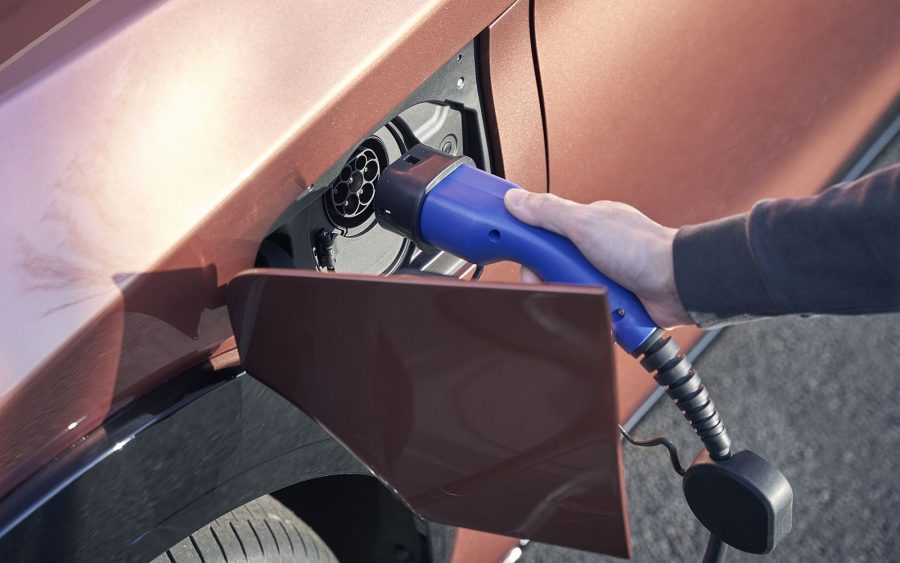
Electric vehicles: context
Lexus has pioneered the electrification of luxury vehicle powertrains since 2005. During that time we have continued to improve the technologies and components associated with electrification. And by expanding this concept from hybrid to plug-in hybrid and battery electric vehicles (BEVs or simply EVs) such as the Lexus RZ, we are shifting reliance from fossil-fuelled internal combustion engines to zero emission electric motors for our mobility.
This shift is now guaranteed in legislation, because from 2030 you will only be able to buy electrified new vehicles that offer a significant EV range. And then from 2035 it will not be possible to buy anything other than a zero emission new vehicle in the UK.
However the market is already ahead of the curve. Sales of pure BEVs are growing rapidly and it is evident from the ever-increasing volume of internet searches related to electric vehicles that many more are heading in that direction too.
Consumers have lots of questions about electric cars. Which suggests that many are either overwhelmed by the technology or unsure of how an electric vehicle can be conveniently integrated into their lives. So to help allay people’s concerns and ease their transition to zero emission mobility, we have put together a series of articles that address the following key areas of concern: charging, range and costs.
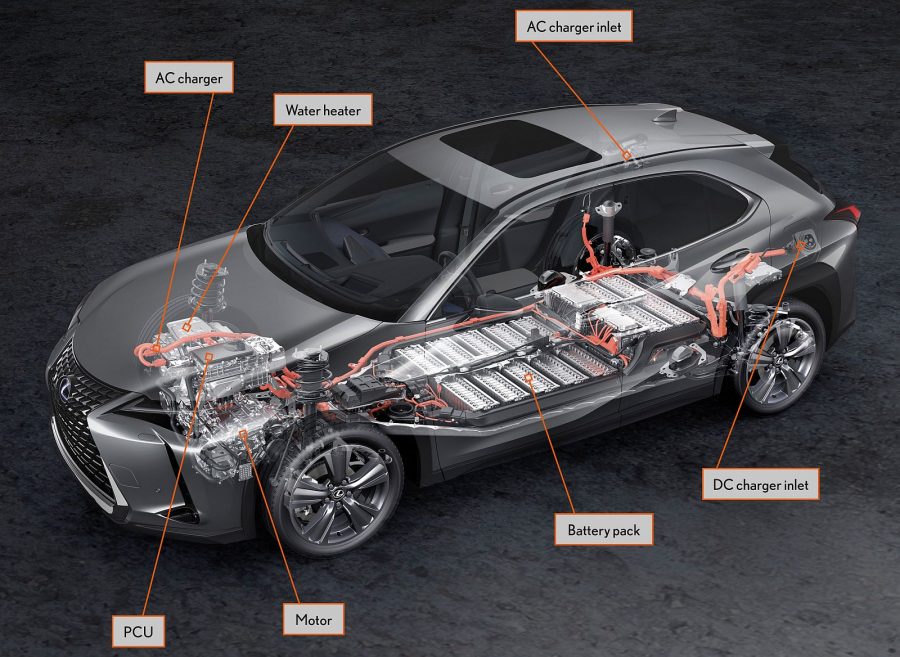
Lexus explains: electric vehicle charging
As the name suggests, a BEV is powered by electricity that is stored in an on-board battery pack. But that pack needs to receive its power from some form of electrical supply – a private charging point at home or a shared public charging point. This has prompted many to ask the following questions –
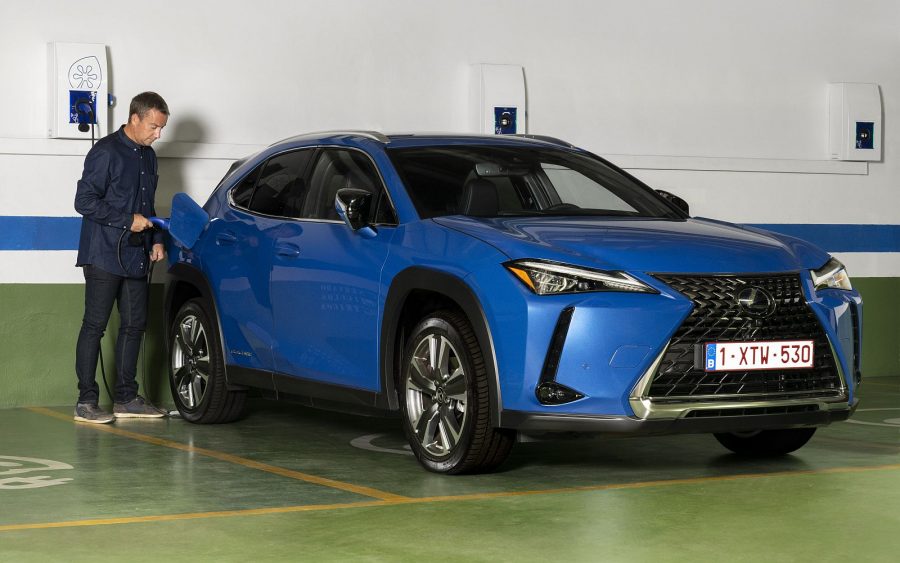
Question: How do I charge my car when on the go?
⦁ There are thousands of public charging options throughout the UK – almost 54,000 charging points across some 31,000 locations at the last count. It is an infrastructure that is growing at a rate of around 45% a year. By way of comparison, there are a little more than 8,300 traditional fuel stations in the UK
⦁ Some satellite navigation systems will be able to display a list of the nearest public charging stations and how far they are from your location. Alternatively, helpful smartphone apps such as Zap-Map will allow you to search for public charging points, plan longer journeys, pay on participating networks and share updates with fellow EV drivers
⦁ Lexus has also developed its own system for identifying and accessing more than 150,000 public charging points throughout Europe. Integrated into the Lexus Link+ app, the subscription-based Lexus Public Charging Network manages all of your EV information in one place
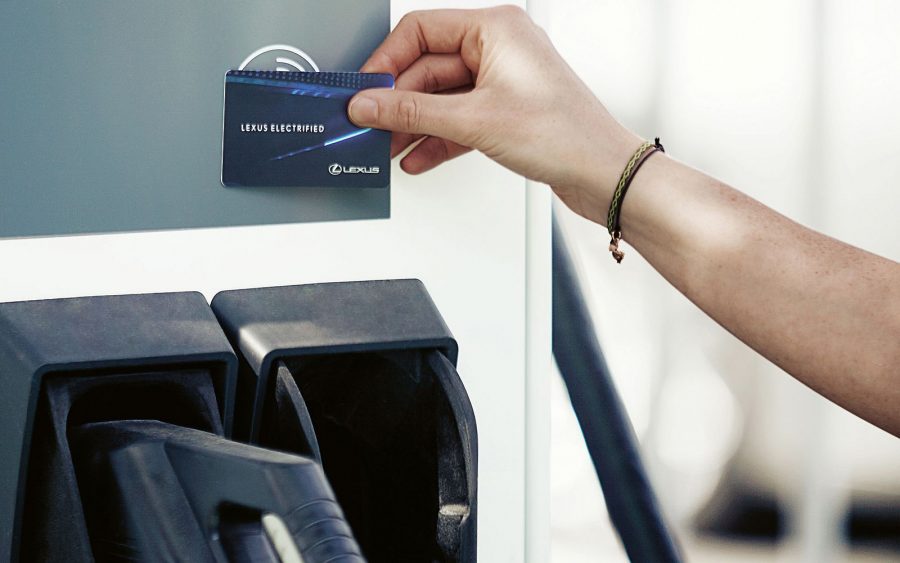
Question: Is it expensive to get a home charging system?
⦁ Lexus has partnered with British Gas to offer UK customers a complete home charger installation service. Prices begin at £939 and includes the recommended charger, installation and VAT
⦁ Homeowners living in flats and customers in rented accommodation (flats and single-use properties) can receive government funded financial support to install a home charging point. This grant will provide a 75% contribution to the cost, up to the value of £350
⦁ BEVs can also be charged using any domestic three-pin socket. Although this method has no additional set-up cost, it is the slowest means of charging
⦁ Real-life example: click this link to see Michelin-star chef Angela Hartnett explaining how she charges her Lexus UX 300e without a home charging point
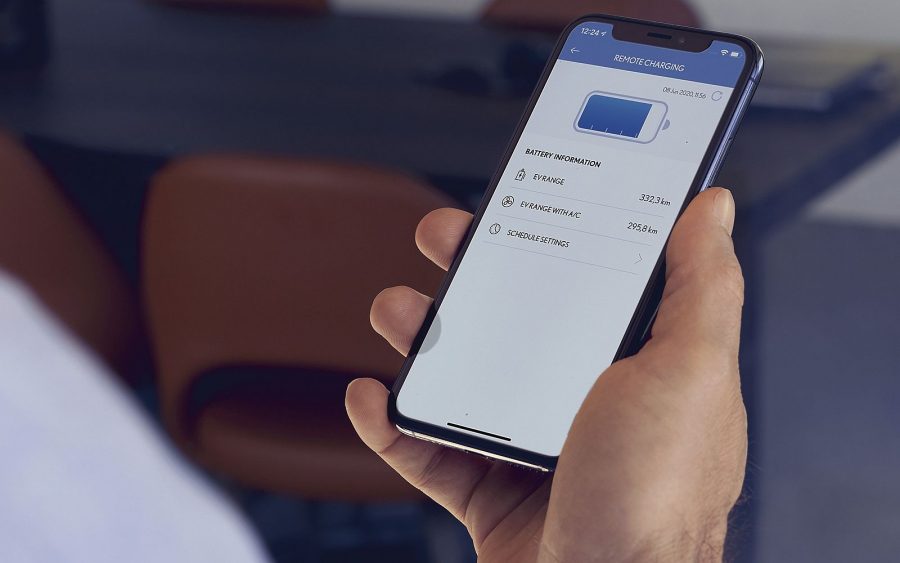
Question: Does it take long to charge an electric vehicle?
⦁ The length of time it takes to charge an electric vehicle primarily depends on three factors: the size of the battery pack, the power of the electrical supply and the capability of the vehicle’s on-board charger. Other factors such as ambient temperatures and battery temperature will also affect charging times
⦁ Charging devices generally fall into one of four speed categories: slow (3-6kW), fast (7-22kW), rapid (25-99kW) and ultra-rapid (100+kW). The Lexus UX 300e can handle charge speeds from slow to rapid, while the forthcoming Lexus RZ will be able to accommodate ultra-rapid charging speeds up to 150kW
⦁ For reference, the Lexus UX 300e has a 54.3kW battery pack. A 50kW rapid DC charger will take the battery from 10-80% charge in as little as 46 minutes, whereas a 6.6kW AC home charger will fully charge the battery from empty in as little as eight hours 15 minutes. Charging from empty to full using a 13A domestic socket with a 2.2kW charging rate will take around 25 hours
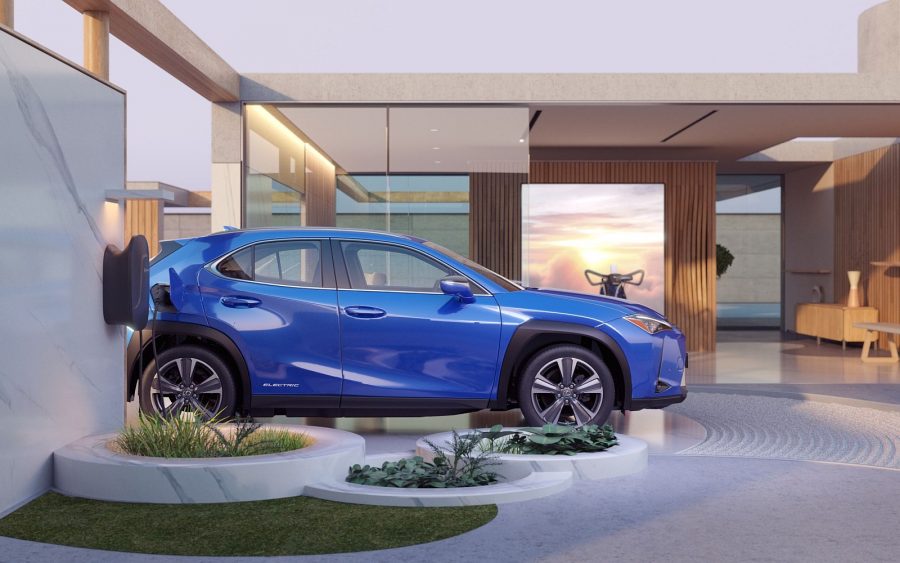
Electric vehicle charging: conclusion
Every vehicle needs some kind of fuelling either before or during a journey; it’s just that an electric vehicle requires a different sort of replenishment. The bonus is that electric vehicles can be charged at home or on the move, while the list of public charging locations already far outweighs the number of traditional fuel stations. And if the length of your journey means that it is necessary to top-up your battery along the way, the possibility of ultra-rapid charging means that those breaks need not be very long.
Learn more: Lexus explains – electric vehicle range
Learn more: Lexus explains – electric vehicle costs
Learn more: Lexus explains – electric vehicle safety
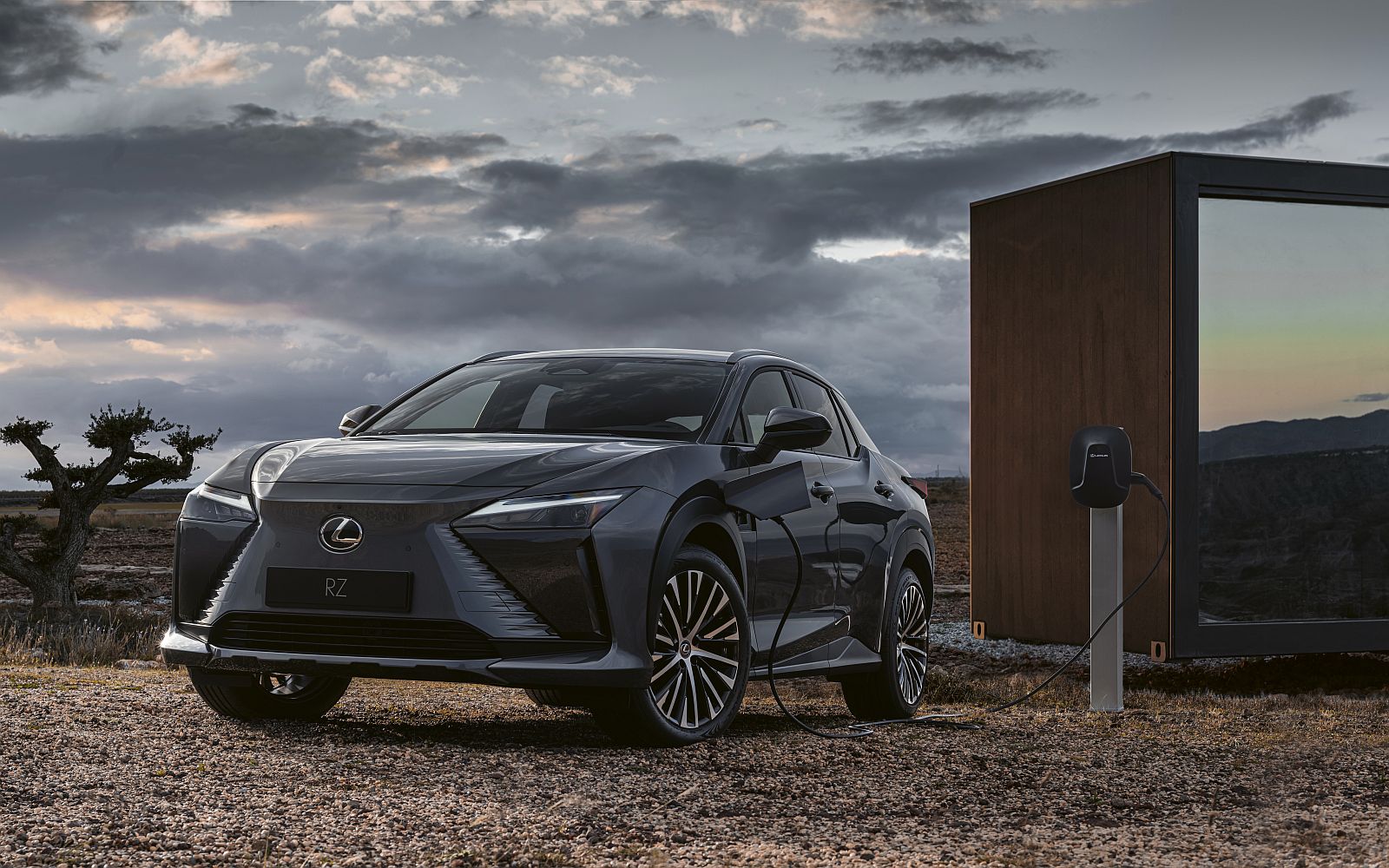
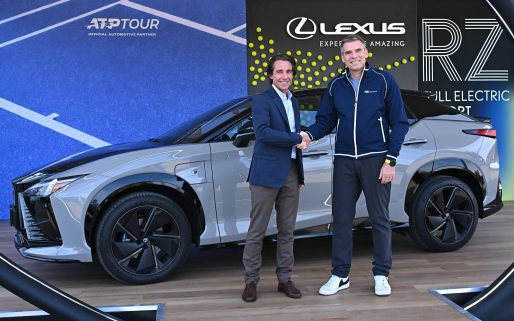
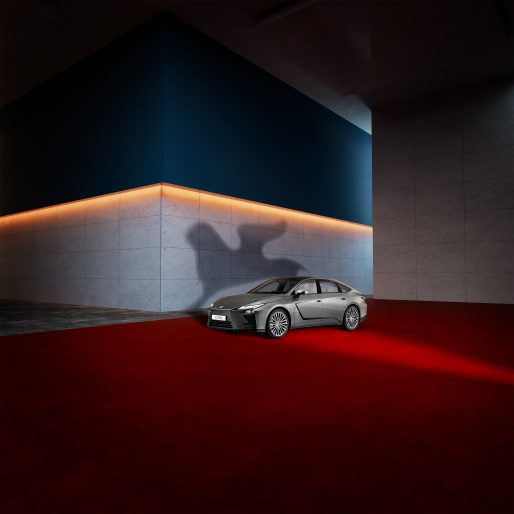
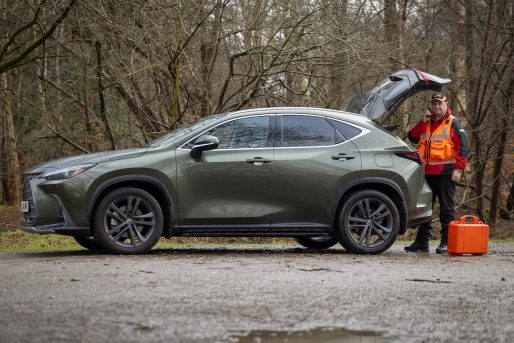
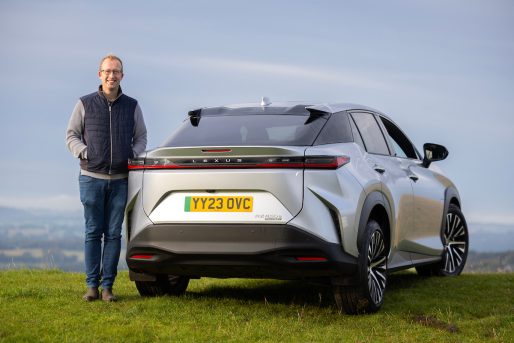
What does it cost to charge a vehicle in fast charge
Hello Burns,
Thanks for your comment.
This is a very broad question and is dependent on a number of factors.
Firstly, the vehicle in which you are referring to.
Different electric vehicles have different battery capacities, meaning they will take different amounts of time to charge.
Secondly, it also depends on where you are charging the vehicle, as different charging stations may vary in price.
Thanks.
Will new builds have have charge points placed on /in allocated parking spaces connected to property power sources.Is it likely that government Will give grants to installing car parking points on road out side of property
Hello Dave,
Unfortunately, we do not have any information on this.
Thanks.
If was travelling to Scotland from Cambridgeshire,a trip of over 500 miles, I would need to stop at least once to charge, probably twice, adding at least two hours to the journey and maybe needing a hotel stopover which adds to trip costs.
I will be keeping my diesel for as long as I can
Would buy another hi bred car but never a fully electric one
I also believe that the current soaring fuel prices is a deliberate effort to push us into buying electric cars
As an ex battery / charger engineer I appreciate your simple to understand feature. Well done!
1. What is the life of a battery.
2. What if you live in high rise accommodation.
3. How are batteries disposed.
4. With current high energy costs what is the cost of charging.
5. Can the grid cope with demand.
6. What is the cost of a new battery.
Hello Peter,
Thank you for your questions.
1) The batteries in our vehicles are designed to be in there for the entire lifetime.
2) Unfortunately, we are unable to comment on people’s living circumstances.
3) You can read about our Battery Recycling Policy here – https://www.lexus.co.uk/lexus-uk-policies/batteries.
4) The cost of charging depends on the vehicle you drive and where you are charging it.
5) This is not something we can comment on.
6) Your Lexus Centre would be best placed to comment on the pricing of parts at the time.
We hope this helps.
Thanks.
That’s all very well and Lexus IS to be commended in its drive to EV cars. But and it’s a very big but if the infrastructure is not reliable or all the charge points are all in use then we have a problem. Furthermore we, as engineers are all to aware that as battery performance is dependent on temperature then as the cooler weather approaches then the expected range will drop. Furthermore let us all consider where we get the electricity from in the first place! If all houses in one street started to charge at the same time then I’m afraid that the underground cable capacity will be overloaded. So let us all be aware that all that is green is not necessarily good for everyone on the planet. PLEASE DO NOT STOP MAKING SELF CHARGING CARS. they provide an excellent alternative without the anxiety of range stress. Long live my Lexus US 250!
Why can’t you give a I.e on charging costs, for instance on the UX?
Hello Peter,
This is due to the nature of varying costs in different locations.
Thanks.
Hi, what is the maximum size charger that I can use on my NX450h+?
Hello Neil, thanks for your question.
Our Product Team have advised that you can charge the NX 450h+ with a DC charger which can vary from 50-350kW.
Thanks.
Thanks for your swift reply.
We will be going on holiday in August next year and there are very few charing points in the area. There is no charging point at the cottage. Is it safe to use an extension cable, unwound of course, to charge my NX450h?
Hello Ken, thanks for your question.
As detailed in your Owner’s Manual, connecting the AC charging cable to an extension cord is strictly prohibited. Our Technical Team have advised applying the ‘Charge Mode’ function whilst the vehicle is in use in this area.
Thanks.
Thanks for writing this blog on Electric Vehicles Charging. Your blog is really interesting and informative. Nowadays, Electric vehicles charging stations are very important. Keep writing this type of informative article in the future also.
Visits us for more details.